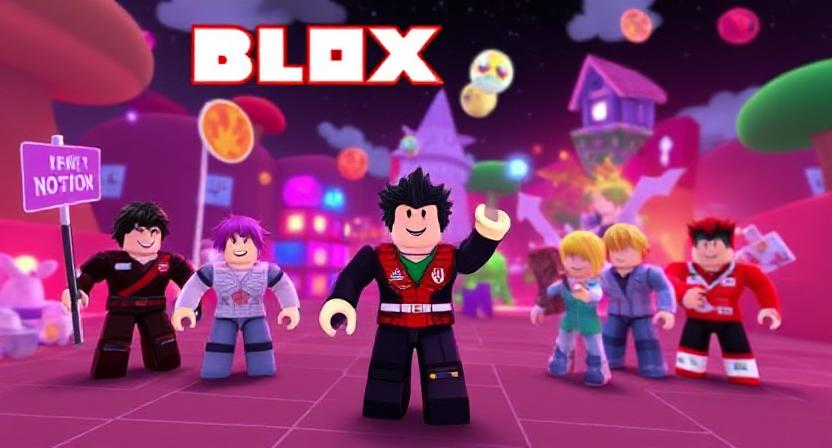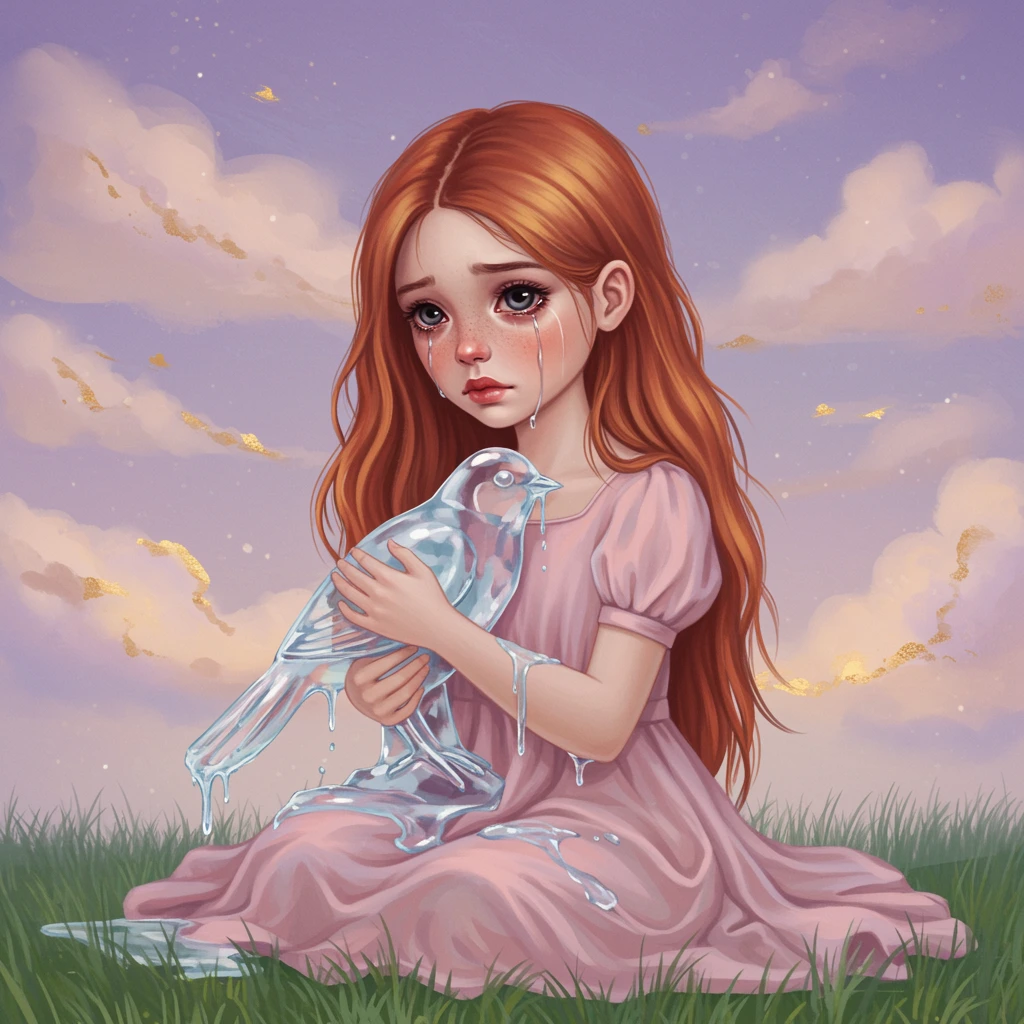Mental health has become an increasingly important topic in modern society, and video games are beginning to reflect this shift. Unlike the simplistic or harmful portrayals of the past, many contemporary games are now addressing mental health issues with nuance, empathy, and authenticity.
Games like Hellblade: Senua’s Sacrifice have been praised for their sensitive depiction of psychosis. Developed with the help of neuroscientists and people who experience hallucinations, the game puts players in the shoes of Senua, a warrior navigating both external threats and her inner demons. Through immersive audio and visual design, players get a glimpse into her reality, fostering empathy and understanding.
Another example is Celeste, a platformer that explores anxiety and self-doubt. The game uses challenging gameplay as a metaphor for the protagonist’s internal struggles, while also offering moments of comfort and self-reflection. It’s a powerful reminder that emotional challenges are part of the human experience — and that overcoming them is a victory in itself.
Indie games especially have become a platform for exploring mental health. Titles like Gris, Sea of Solitude, and Night in the Woods tackle depression, grief, and identity in deeply personal ways. These games often avoid traditional combat mechanics, focusing instead on narrative and emotion.
By portraying mental health issues with care and respect, video games can reduce stigma, spark conversation, and help players feel seen and understood. As the medium matures, it has the potential to become a powerful tool for mental health awareness and empathy.


Leave a Reply